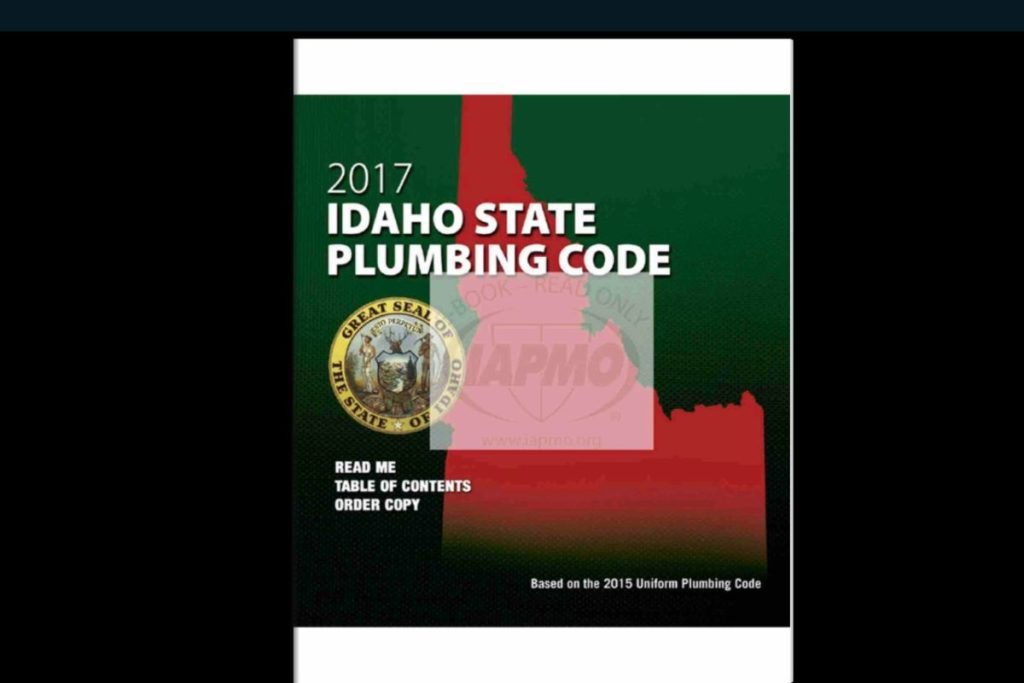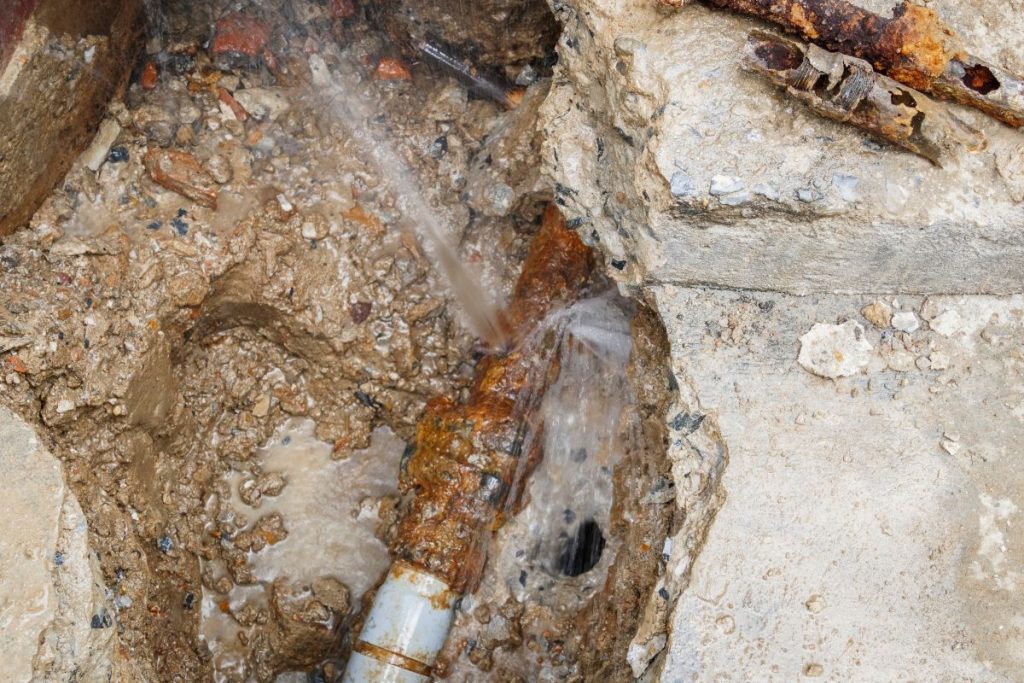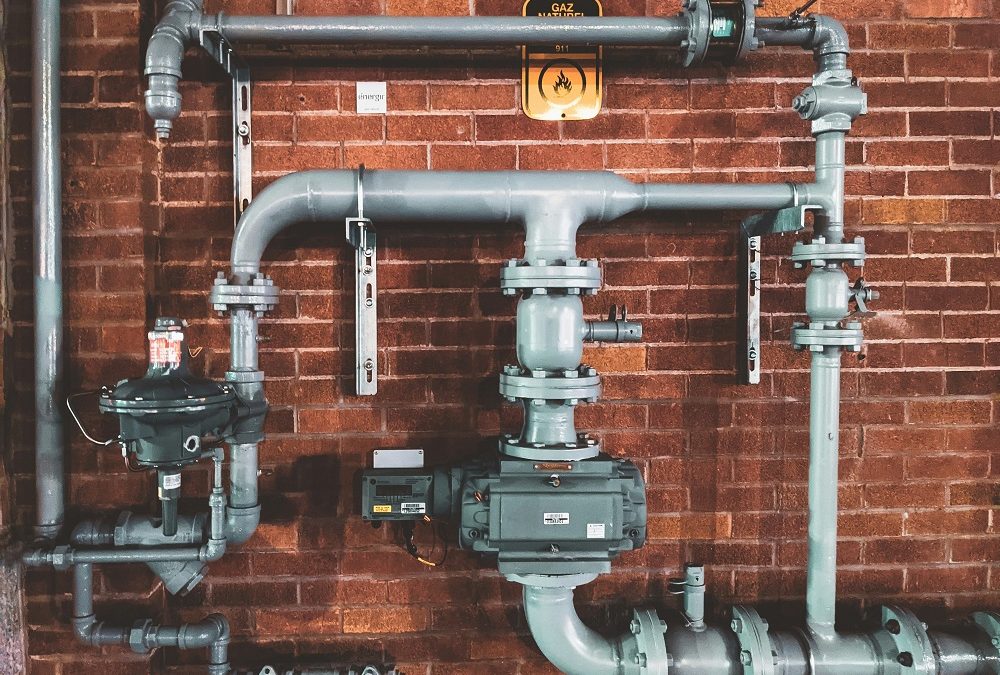Idaho’s commitment to public health and safety is evident in its rigorous approach to plumbing oversight. The Idaho Division of Building Safety (DBS) plays a central role in ensuring that plumbing systems throughout the state—whether in homes, businesses, or public buildings—meet strict standards for quality, safety, and compliance. This oversight is not just about enforcing rules; it’s about protecting Idahoans from hazards such as leaks, contamination, and system failures.
The Role of the Idaho Division of Building Safety
The Division of Building Safety is the primary regulatory authority for plumbing in Idaho. It is responsible for licensing plumbers, enforcing the Idaho State Plumbing Code, and conducting inspections on new installations and repairs. The DBS also administers the Idaho Plumbing Board, which helps set policy, update codes, and address industry concerns.
Plumbing professionals must be licensed by the DBS to perform most plumbing work in Idaho. This ensures that only trained and qualified individuals handle critical plumbing tasks, reducing the risk of faulty installations or unsafe repairs. The DBS oversees licensing for apprentices, journeymen, and contractors, and sets continuing education requirements to keep professionals up to date with the latest codes and technologies.
Licensing and Professional Standards
In Idaho, anyone wishing to become a plumber must follow a structured path:
- Apprenticeship: Prospective plumbers must register as apprentices and complete four years of schooling and 8,000 hours of supervised work experience.
- Journeyman License: After fulfilling apprenticeship requirements, candidates must pass a comprehensive written and practical exam to become a journeyman plumber.
- Contractor License: Journeymen with at least 2.5 years of experience can apply to become contractors, which involves passing an additional exam and meeting insurance requirements.
These licensing requirements are designed to ensure that plumbing professionals possess the knowledge and skills necessary to perform safe, code-compliant work. The DBS also requires continuing education for license renewal, focusing on code updates and industry best practices.
The Idaho State Plumbing Code

Idaho has adopted the 2015 Uniform Plumbing Code (UPC) with state-specific amendments as its official plumbing standard. This code is updated every three years to keep pace with advancements in technology and safety practices. The UPC covers every aspect of plumbing, from materials and installation methods to testing and inspection protocols. Importantly, all plumbing work in Idaho—whether residential or commercial—must comply with this code.
The DBS enforces the code through a robust inspection process. Licensed inspectors review new installations, repairs, and system upgrades to ensure compliance. If deficiencies are found, a “Notice of Correction” is issued, and the work must be brought up to standard before it can be approved.
Permits and Inspections
Most plumbing work in Idaho requires a permit from the DBS. This includes major repairs, new installations, and water line replacements. Permits trigger the inspection process, which is vital for verifying that work meets code and is safe for long-term use. Homeowners and facility owners are also subject to these requirements if they perform plumbing work on their own property.
Inspections are conducted by DBS-appointed professionals who check for proper materials, installation techniques, and system functionality. If issues are found, a re inspection is scheduled after corrections are made. This system helps prevent hazards such as leaks, water contamination, and structural damage.
Water Line Installation and Repair
Water line installation and repair are critical services regulated under Idaho’s plumbing oversight. The main water line supplies fresh water to a property, and any failure—such as leaks, corrosion, or breaks—can disrupt daily life and cause significant property damage. Signs of water line problems include unexplained puddles, drops in water pressure, higher water bills, and discolored water.

Licensed plumbers are required to handle water line work to ensure compliance with the Idaho State Plumbing Code. Proper installation and timely repairs help maintain water quality, prevent leaks, and protect the integrity of a building’s foundation and infrastructure.
Why Plumbing Oversight Matters
The Idaho Division of Building Safety’s comprehensive oversight protects homeowners, businesses, and the broader community. By enforcing strict licensing, code compliance, and inspection requirements, the DBS reduces the risk of plumbing failures and ensures that Idaho’s water systems remain safe and reliable. This oversight also supports consumer confidence, knowing that licensed professionals are held to high standards of quality and accountability.
Get Licensed Plumbing Services in Bayview, Idaho
Every plumbing project in Idaho must meet strict standards enforced by the Division of Building Safety—and Burkhart Plumbing ensures full compliance on every job. Serving Bayview, Coeur d’Alene, Post Falls, and surrounding North Idaho communities, our licensed professionals handle water line installations, leak repairs, and remodels with care, code knowledge, and proven skill.
Schedule your appointment with Burkhart Plumbing today and work with a team that puts quality and compliance first.

